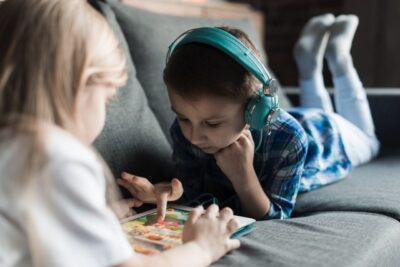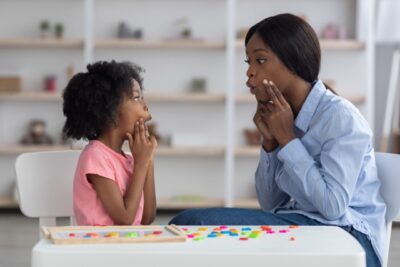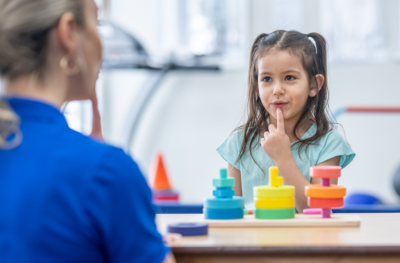
Speech and Language Development in Autism
Understanding how autism affects speech and language development in children is crucial for parents and caregivers. Children with autism often experience unique challenges in both verbal and nonverbal communication. At Red Door Pediatric Therapy, located in Beulah, Minot, Bismarck, and Grand Forks, North Dakota, our approach begins with educating families








